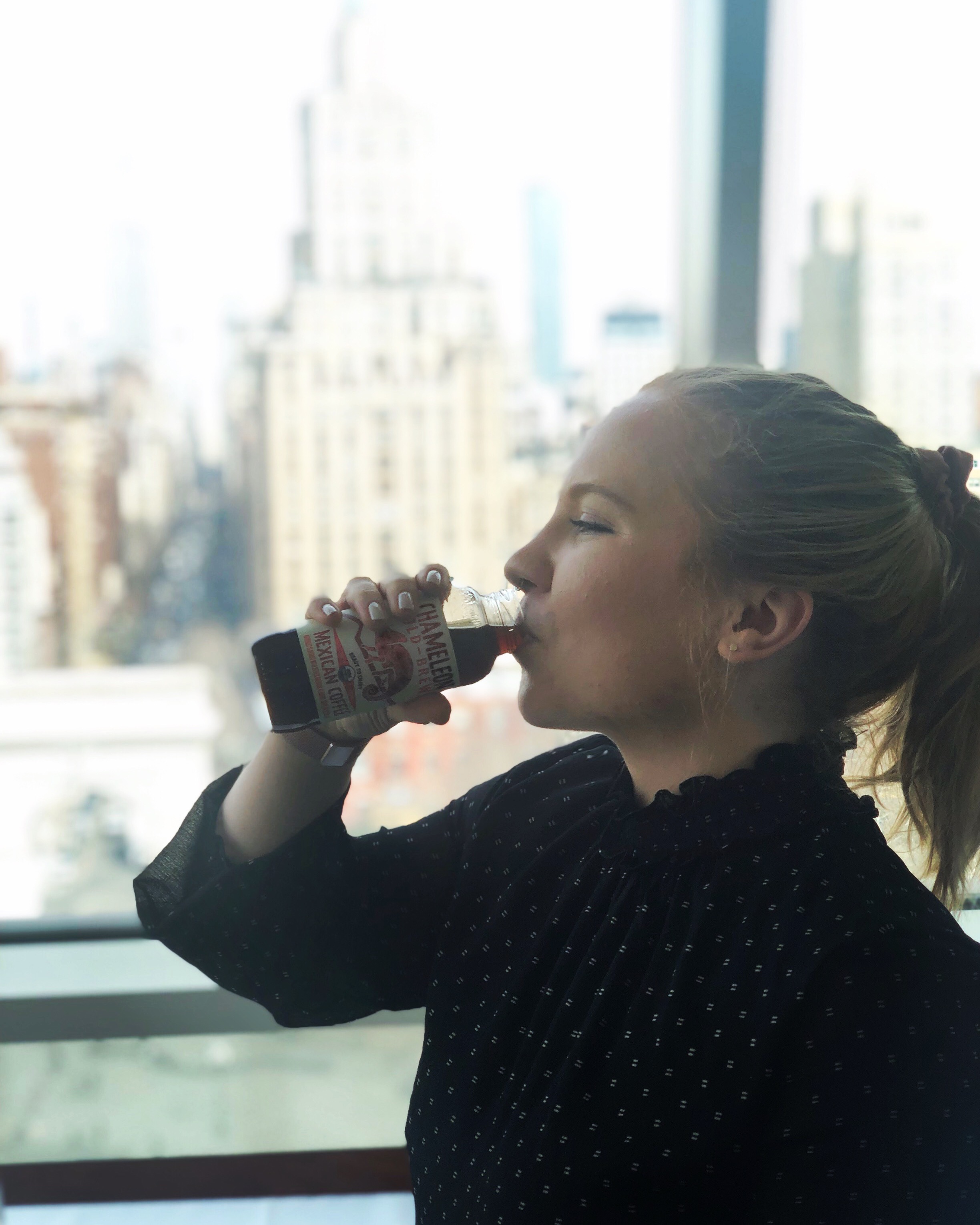
It is easy to only write about the applications and social things going on around at school, My Pick 6, travels with friends. But I wanted to take the time to talk about part of what makes being on campus amazing, the professors and the classes they teach.
Bio: My first spotlight is on Jack Hanlon, an adjunct professor who spends his days heading up retail analytics at Jet.com. Professor Hanlon taught Retail Strategy & Analytics, a required course for the Fashion & Luxury Program, during the Fall semester. One look through Professor Hanlon’s Bio (Forbes 30 Under 30, Cofounder Kinetic Social) will tell you he is more than qualified to be spending his Tuesday nights with the FLUX crew.
The Class: More than anything, Retail Strategy & Analytics taught me how to think differently about retail. Obviously, I am a shopper, and an avid one, so it is easy to view every problem and case study through the view of how I shop. I made this mistake almost every class and every class Professor Hanlon showed me a new way to examine it. Should a Midwestern supermarket keep dollar deals? Yes, things will fly off the shelf… right into a deficit that will close them down. (Don’t you dare separate finance and strategy). Does Best Buy have a chance of surviving Amazon? No way. “You could not pay me to shop at Best Buy” said by me just weeks before I started ordering pick up in store items at Best Buy. He proved me wrong time and time again and it felt good to twist my thinking around in circles until I saw what he was trying to show us.
The Difference: Every week we had to write a reflection about the class and our biggest takeaways. I usually sat after class to write so I wouldn’t forget to turn them in. Without fail Professor Hanlon would check in after class with anyone still sitting to see how we were doing outside of the classroom and how we were learning inside of it. He was always readily available and giving with his time before and after class to talk through any thoughts we had on a topic. And those reflections I stayed after to write never went unread or unresponded to. Rather, Professor Hanlon wrote a full paragraph back each week to each of us about our reflections. I never felt like I was doing work just for the sake of work, each item we handed in was read and examined fully.
Professor Hanlon pushed us as a class to learn more but always made sure we were sticking with him in and out of class.



